
Q. This question is for my neighbor. We own shares in a co-op in Long Island. She has had extensive water damage and now has mold in her unit. She emails the property manager and president of board to no avail. It’s been like this for months, with no resolution.What recourse does she have?
—Need Results Now
A. “There are two areas of recourse to address,” says attorney Darryl Vernon of the Manhattan firm Vernon & Ginsburg. “The first is making sure the source of the water infiltration is fixed and the mold removed. The second is who pays for the remedy and the damages and whether the unit owner is entitled to a reduction in the maintenance for the time her use of the unit was impacted. To address these issues the unit owner needs to have her agreements with the co-op analyzed. The primary document would be the proprietary lease, and if alterations were done by the unit owner there could be an alteration agreement addressing whether those alterations have changed the rights between the parties.
“Most proprietary leases say what portions of the unit the shareholder is responsible to fix. Generally that is everything from the walls to the inside of the apartment and any special plumbing or fixtures or other alterations that the unit owner put behind the walls. The lease will generally say that the unit owner should insure for her responsibilities under the lease and that the co-op will insure for customary things that co-ops insure for. It is most often important to timely notify your insurance company if you are going to want to file a claim.
“If the leak was the fault of the unit owner, which presumably it wasn’t, then the unit owner would be responsible for most everything. If the leak was due to the co-op’s negligence, or negligence of a neighbor, then the negligent party would likely be responsible. If no one was negligent then the parties would likely simply bear their burden as outlined in the lease.
“In addition to the lease, in New York, there is a statewide law called the warranty of habitability which applies to leases generally (Real Property Law 235-b). The warranty of habitability makes the co-op, as a landlord under the proprietary lease, strictly liable for anything that interferes with the life, health, or safety of the unit owner as a tenant under the proprietary lease (a unit owner is often referred to as a proprietary lessee). The warranty makes the co-op liable even if a third party like a neighbor in the building, or even a building that is nearby, somehow causes an issue. The main exception is if the tenant herself caused the problem. Under the warranty mold or leaks can be considered a violation. And all that needs to be proved is that the co-op was aware of the condition and didn’t fix it. There is no need to prove negligence.
“If the co-op is responsible to fix the problem and they don’t, you should make your demand clear and in writing. If they still don’t do it, you can report the condition to local authorities to inspect and if a violation is found, order it be repaired. In New York City, the remedy is to contact HPD (Housing Preservation and Development) and if it’s not repaired you can go to court. Suffolk may have different procedures. There are times you can proceed to do the repair yourself and if done properly then claim for reimbursement. Keep in mind that mold is a complicated issue and often requires an expert to analyze the levels.
“Last, is it crucial to have documented that the source of the leak has been fixed before going through the expense of removing mold, plastering, painting, etc. If the matter gets to court, the prevailing party will often win fees under the proprietary lease and Real Property Law 234.”



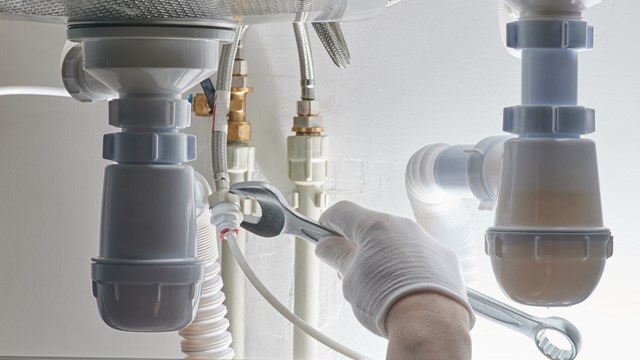
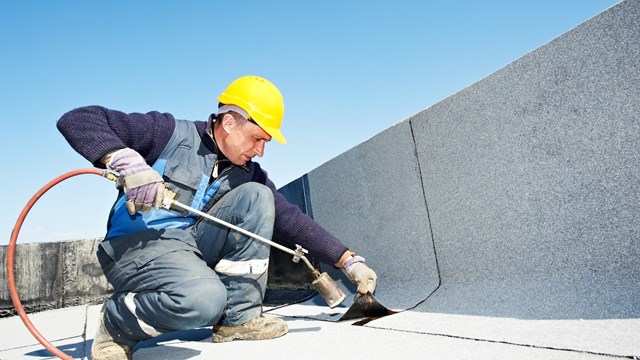
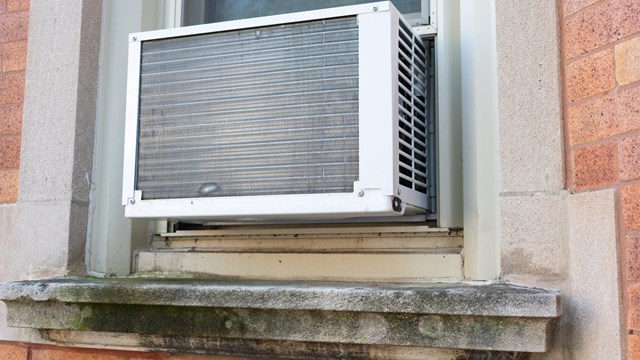
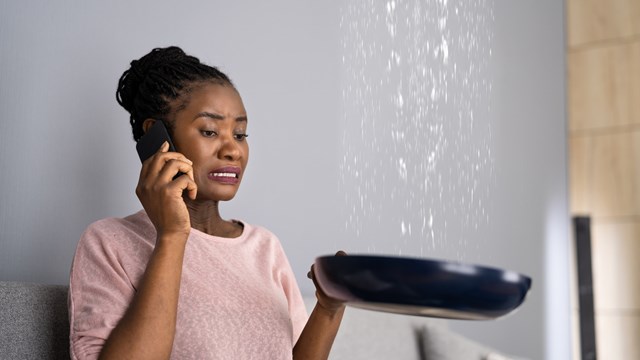
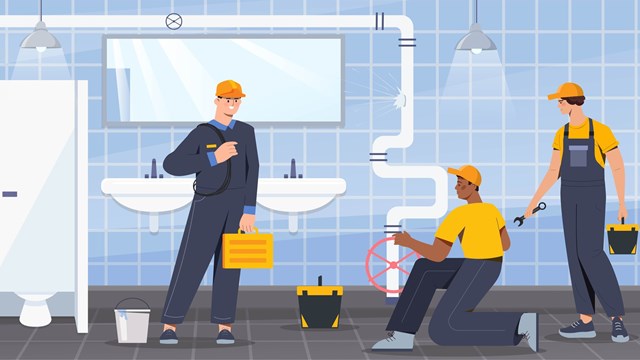

Leave a Comment